Is THCp Legal in Your State?

Quick Answer: THCp is federally legal under the 2018 Farm Bill because it is not specifically listed as a prohibited cannabinoid, but its legality varies widely by state. Many states restrict or ban intoxicating hemp-derived cannabinoids, making THCp legal in some areas and illegal in others.
Since the beginning of the century, cannabis has been the subject of debates, research, and controversy. Today, this plant continues to surprise us with its complexities, and as science discovers new fascinating cannabis compounds, the legality of derivatives becomes more intricate.
One of the novel cannabinoids causing a stir is tetrahydrocannabiphorol (THCp). This compound is reshaping the cannabis industry with its high potency and unique qualities.
However, the legality of these new compounds can be complicated, especially in the dynamic cannabis landscape across the United States.
With this in mind, we've created this guide in which we will explore the legal status of THCp, navigating through the maze of regulations that shape its accessibility and use. So, let's dig in!
Key Takeaways
- THCp is a highly potent cannabinoid that exists in a legal gray area due to gaps in federal law and uneven state enforcement.
- The 2018 Farm Bill legalized hemp-derived cannabinoids containing less than 0.3% Delta-9 THC, which currently allows THCp at the federal level.
- State laws ultimately control whether THCp can be sold or possessed, and those laws continue to change rapidly.
- Many states now ban or heavily restrict intoxicating hemp-derived cannabinoids, including THCp, regardless of federal legality.
- Consumers should always verify their state's current THCp laws before purchasing or using these products.
- Regulatory uncertainty creates challenges for brands, retailers, and consumers across the THCp market.
- Mellow Fellow offers lab-tested THCp products designed for experienced users, making it a trusted option when THCp is legal in your state.
THCp and the Legal Landscape in the United States
Understanding the legal intricacies of THCp involves having a clear idea of how this cannabinoid fits into the existing cannabis laws in the US. At the heart of this framework is the landmark 2018 Farm Bill, a significant piece of legislation shaping the legality of hemp-derived cannabinoids.
The Farm Bill, signed into law in 2018, has been a game-changer in the cannabis industry. It distinguishes hemp from marijuana, effectively legalizing the cultivation and sale of hemp and hemp-derived products, including cannabinoids like THCp.
Nonetheless, the devil, as they say, is in the details, and one crucial detail is the allowable THC content.
THCp, being a THC variant, falls under the broader category of cannabinoids influenced by the Farm Bill. The bill stipulates that hemp-derived products must contain less than 0.3% Delta 9 THC to be federally legal.
Now, this is where THCp ventures into a legal gray area. Traditional THC, Delta 9, is explicitly addressed in the Farm Bill but not THCp.
Is THCp Federally Legal?
Shortest answer: yes, it is. Under the current Farm Bill, THCp is federally legal. The explicit mention of Delta 9 THC in federal regulations leaves room for ambiguity when it comes to THCp.
Due to this omission, the legal status of THCp at the federal level is unclear. While hemp-derived cannabinoids are generally permissible under the Farm Bill, the absence of a specific THCp mention creates uncertainty across states.
This uncertainty affects both consumers and the industry. Without clear federal guidelines, the legality of THCp remains debatable, especially due to its potent psychoactive properties.
It's crucial to stay informed about new regulatory developments from federal authorities regarding THCp's legal standing.
In essence, while the Farm Bill has paved way for a thriving hemp industry, including all novel cannabinoids, the omission of THCp in federal law leaves its legal status hanging in the balance. As the cannabis industry evolves, a clear stand on THCp's legality is undoubtedly needed.
THCp Legality by State
Quick Summary: THCp Legal Status
As of January 2026, THCp is legal or in a gray area in 24 states, while 26 states have banned or heavily restricted it.
Legal/Gray Area States: Florida, Georgia, Illinois, Indiana, Kansas, Kentucky, Louisiana, Maine, Maryland, Massachusetts, Michigan, Minnesota, Missouri, Nebraska, Nevada, New Jersey, New Mexico, North Carolina, Oklahoma, Pennsylvania, South Carolina, Texas, West Virginia, Wisconsin
Banned/Restricted States: Alabama, Alaska, Arizona, Arkansas, California, Colorado, Connecticut, Delaware, Hawaii, Idaho, Iowa, Mississippi, Montana, New Hampshire, New York, North Dakota, Ohio, Oregon, Rhode Island, South Dakota, Tennessee, Utah, Vermont, Virginia, Washington, Wyoming
THCp Legality by State
Legal or Gray Area States
Banned or Restricted States
⚠️ Important Note:
State cannabis laws change frequently. Always verify current regulations in your state before purchasing or using THCp products. This table is current as of January 2026.
What THCp's Legality Means for Consumers?
The legal status of THCp raises many doubts and concerns among users interested in exploring its potential benefits.
While hemp-derived cannabinoids are federally legal under the 2018 Farm Bill, state-level laws are non-uniform. Some states proactively regulate or prohibit specific hemp-derived psychoactive cannabinoids, such as Delta 8.
As a result, the legal fate of THCp could be intertwined with the same local laws that regulate Delta 8 in your state.
Users keen on incorporating THCp into their routines should stay vigilant and updated about regional legal changes. State laws, which vary significantly, could impact the accessibility and use of THCp-containing products.
The importance of staying informed cannot be overstated, especially in an environment where the legality of cannabinoids is continuously evolving.

Mellow Fellow's Featured THCp Products
Mellow Fellow's THCp lineup is built for experienced consumers looking for powerful, long-lasting effects across multiple formats, from infused flower to edibles and vapes. Each product combines premium hemp inputs with carefully measured THCp for consistency and intensity.
THCp 3.5g Infused Flower + One Hitter
This infused flower blends high-quality hemp flower with ultra-potent THCp for a deeply immersive experience. The included one hitter adds convenience, making it easy to enjoy bold flavor, smooth draws, and strong effects wherever you are.
THCp 2g Infused Blunt
This pre-rolled THCp blunt is designed for slow, even burns and prolonged sessions. Infused with a powerful cannabinoid blend, it delivers rich flavor and long-lasting intensity, making it best suited for seasoned users seeking a full-bodied smoke.
THCp 0.5g Disposable Vape
This disposable vape offers fast-acting THCp effects in a compact, ready-to-use format. Rechargeable and discreet, it provides consistent potency and smooth vapor, making it ideal for users who want powerful effects without setup or maintenance.
THCp Bursts Edibles (25mg)
THCp Bursts Edibles deliver precisely measured doses in dessert-inspired flavors. With a slower onset and extended duration, these gummies are formulated for experienced consumers looking for long-lasting effects and reliable, repeatable potency.
THCp and the Cannabis Industry
THCp's legal status affects product development, marketing, and sales. Challenges and opportunities emerge in tandem for brands and businesses involved in THCp product manufacturing or distribution. The most significant challenges are:
- Regulatory Ambiguity: The lack of clear federal regulations specific to THCp creates uncertainty for producers and retailers alike. Dealing with this ambiguity demands adaptability and compliance efforts.
- Marketing Restrictions: Communicating the potential benefits of THCp is challenging given the legal gray area in which it exists. The industry must navigate marketing strategies cautiously to adhere to existing federal and state regulations.
While the uncertain legality of THCp presents some challenges, this novel compound also opens the door to new possibilities in the industry. Some of the opportunities that THCp brings with it are:
- Innovation and Product Diversity: Businesses can capitalize on the demand for novel cannabinoids, driving innovation in product development. The pursuit of new and diverse offerings remains a significant opportunity.
- Market Expansion: As the legal status of emerging cannabinoids unfolds, there's a potential for market expansion, unlocking avenues for brands and businesses to cater to a growing audience and demand for THCp-infused products.
How THCp is Made
Producing THCp involves a detailed process that starts with hemp-derived CBD. THCp is typically created by converting CBD through a series of chemical transformations. These steps carefully adjust the molecular structure of CBD to match that of THCp, which naturally occurs only in small amounts in cannabis plants.
This method allows manufacturers to produce THCp in quantities suitable for commercial use while adhering to legal guidelines under the 2018 Farm Bill. By starting with hemp, producers ensure that the final product is compliant with federal regulations, even as its legal status varies across states.
Looking ahead, the emergence of THCp and other hemp-derived cannabinoids promises to alter the cannabis landscape. While challenges persist, a forward-looking perspective reveals a landscape ripe for adaptation and growth.
The industry's ability to deal with the legal intricacies and consumer demand will play a pivotal role in shaping the future of THCp's acceptance and accessibility.
Where to Buy THCp in the United States
In the burgeoning cannabis market, THCp products' accessibility is rising, with local dispensaries generally offering diverse options. However, purchasing THCp online from trusted brands remains the best way for a safe and convenient THCp experience.
It is crucial to check the Certificates of Analysis (COAs) and user reviews to verify the purity and quality of THCp products. Fortunately, you've just found the gold pot at the end of the rainbow if you're looking for top-notch THCp products online!
At Mellow Fellow, we are proudly a trusted source for premium THCp products. Our expansive catalog includes diverse THCp products like our highly acclaimed Introvert Blend THCp gummies for users who like edibles.
Our Dream Blend Grandaddy Purp Vape is excellent for users looking for a convenient on-the-go choice, while our Charged & Dream Live Resin Vape Cart Duo suits vaping enthusiasts. But for those who prefer a more traditional approach, our THCp-infused Pre-Rolls is the way to go!
The best thing is that you're just a click away from elevating your THCp journey to the next level with quality, reliability, and a diverse and exclusive product catalog.
Final Thoughts
As the legal status of THCp evolves, staying informed is crucial. The current situation is positive, reflecting a broader shift in attitudes towards emerging hemp-derived cannabinoids. Ongoing research will likely unravel more about THCp, probably influencing regulatory trends.
The importance of staying up-to-date amid legal developments cannot be overstated. As knowledge on THCp expands, the interplay of science, policy, and public interest will likely continue to shape THCp's status and role within the cannabis industry.
Frequently Asked Questions
How Is THCp Legal?
THCp's legality hinges on federal regulations, specifically, the 2018 Farm Bill, which legalized hemp and its derivatives, including THCP. However, state regulations may vary, so users should be aware of local laws to ensure compliance.
What Should Consumers Look for to Ensure They're Legally Using THCp Products?
To ensure legal compliance when using THCp products, users should look for reputable brands, check Certificates of Analysis (COAs) for product quality, and, most importantly, stay updated on local regulations. Being well-informed is vital to a lawful and enjoyable THCp encounter.
Are There Any Legal Alternatives to THCp for Those in Areas Where it's Restricted?
In areas where THCp is banned, legal alternatives include non-restricted cannabinoids like CBD or Delta-8 THC, which are widely available. However, it is crucial to check local regulations as the same laws that restrict THCp in some areas may also apply to other hemp-derived psychoactive cannabinoids. Always verify local laws to make informed choices.
Sources
- Is THCP Legal? A Guide to U.S. Laws in 2025
- A novel phytocannabinoid isolated from Cannabis sativa L. with an in vivo cannabimimetic activity higher than Δ9-tetrahydrocannabinol: Δ9-Tetrahydrocannabiphorol - PubMed
- H.R.2 - 115th Congress (2017-2018): Agriculture Improvement Act of 2018 | Congress.gov | Library of Congress
- How is THCp made?
- New Alabama regulations on hemp products take effect July 1
- Update Concerning Hemp-Derived Cannabinoids in Michigan, Part 1 | Cannabis Law Blog
- Sec. 151.72 MN Statutes
- New Mexico Emergency Hemp Rules: The Regulatory Gap and Market Impact - Canna Law Blog™
- Governor's Executive Order 24-10
- New Futures | 2024 Banning Hemp-Derived THC Products
- South Dakota Bans Intoxicating Hemp Products including delta- THC products | Local News | mykxlg.com
- wyoleg.gov/Legislation/2024/SF0032
Share on Social



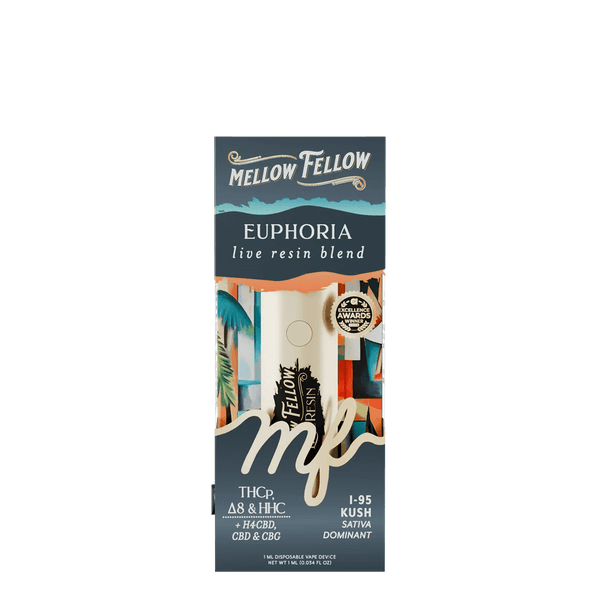
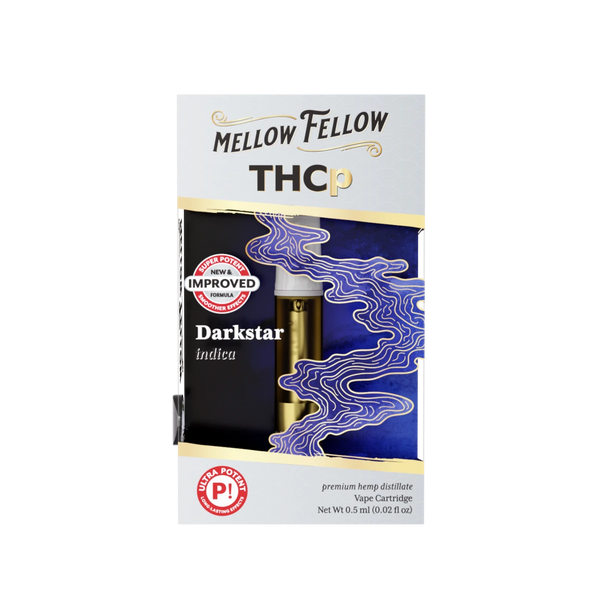
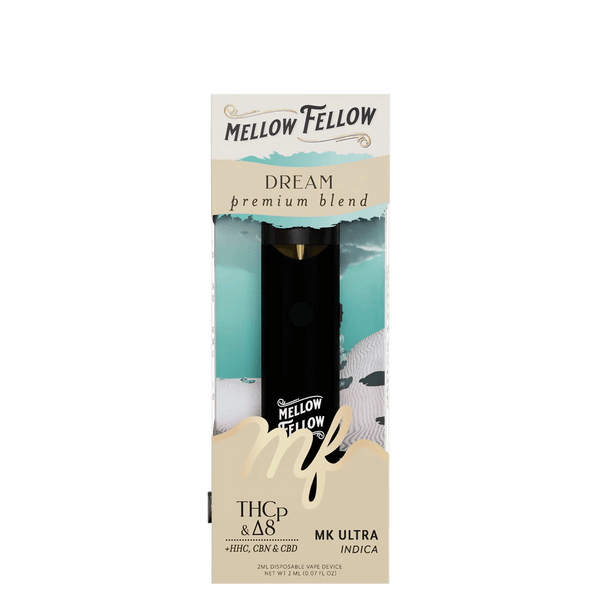
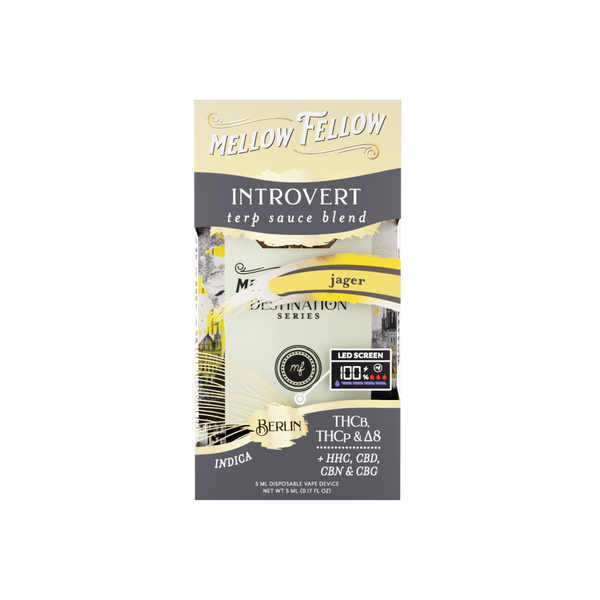

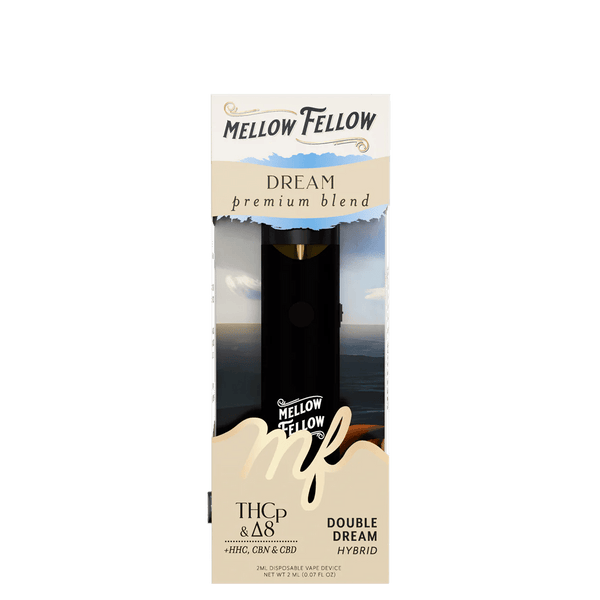





Leave a comment